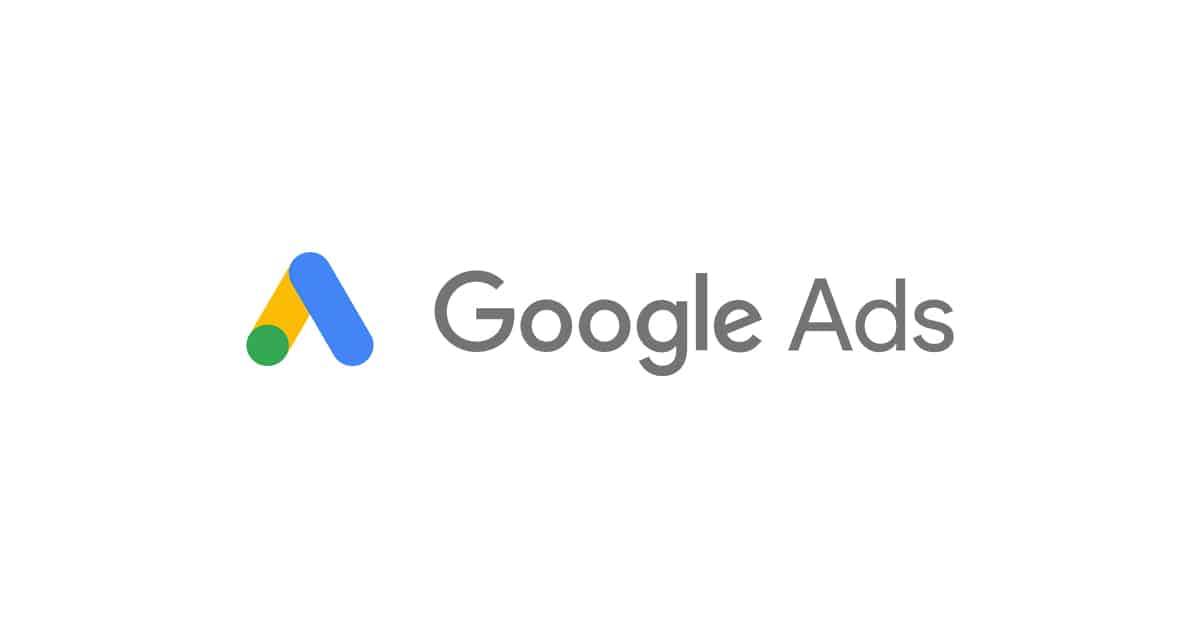You spend most of the time thinking of the absolute perfect ad, finding the matching image, right creative, and click upload, only to never your advertisement goes live.
The entire of your hard work has gone to waste!
Why does this happen?
Very often, advertisers unknowingly violate Google advertising policies on what type of content is permitted and what is not.
One essential thing we ignore is that Google is stringent when it comes to Google ads policies. It strives to advertise a great user experience for people using ads on Google.
That is why it has set Google ad policies that compel marketers to strictly follow the applicable rules and regulations in the areas where their advertisements are being shown.
Each new ad you create is submitted for review. Like any changes you make to your present advertisements, you are also reviewed to make sure it is strict to Google ads policies.
If your ads violate any of Google’s advertising policies, they’ll be instantly disproved.
What ads are most impacted by Google Ads’ misleading representation?
With shifting expectations for testimonials and disclaimers, medical business-related ads like dermatologists and plastic surgeons are mainly vulnerable to being caught on the wrong section of the Google ad policies.
Whenever doable, peer-reviewed journals and many other reputable sources can be referenced to support claims.
Pictures help show the outcomes of weight loss plans and cosmetic processes, but those pictures need to include stipulations to emphasize the individual outcomes vary.
Lawyers, investment companies, and other business ads might run afoul of Google ads misleading representations, though they are not making any sort of medical claim.
The Google ads misdealing policy seems for vague guarantees and other works that implement performance and certainty.
It is all depending on the phrasing utilized to describe outcomes; virtually any business can find itself on the wrong foot of Google advertising misleading representation.
Google ads policies for Misleading content
Misleading or false content is an umbrella term that includes various violations ranging from tricky testimonials to deceptive branding.
The key objective of the Google ad policy for misleading content representation is to give a set of clear standards for online marketers to follow as not to deceive users with exaggerated or wrong content.
The central element of these standards states that:
Disclaimers have to include along with perceived claims, even if your claims are straight quotations from old clients.
Photos that show before as well as after outcomes also need disclaimers.
More broadly, doubtful assertions are likely to draw the full attention of the Google ad team.
We have all seen weight loss plans and investment opportunities that sound very good to be true. As you might expect, a few of the standards let space for interpretation, and several affected marketers find that they have to resolve many policies violations to resume Google ads.
At least, in theory, Google ads terms should be beneficial to both marketers and users. Users should not have to scroll past false or misleading content, and ads slot will become more valuable as users understand that paid search outcomes are trustworthy and informative.
When you edit advertisements and sites to align with the Google ads policy for misleading content, you will also be improving sales copy and content that might have sounded suspicious to potential clients.
The things that the platform considers Misleading might also be off-putting to your targeted viewers
Ways to avoid Google Ads misleading representation
Google wants every user to trust advertisement that appears on the search engine, so they need them to be honest, clear, and provide valuable and worthy information.
They do not permit advertisements or destinations that deceive users by excluding relevant product info or offering misleading details about services, businesses, or products.
Some key things to avoid:
- Unavailable offers – Making some promises to big offers with incorrect prices or are not long more in process.
- Missing information – Where you’ve failed to reveal material info or deliberately hidden it.
- Unidentified business – Don’t misstate or conceal information about your product, service, or business. For example, don’t entice viewers to send you funds or submit their information unclear or pretenses. Don’t present a fake business name, identity, or contact details.
- Misleading content – Every content that contains untrue claims such as miracle cures, get rich quick programs, many similar like that.
How to Fix Google Ads misleading representation
- Forever check to make sure none of your ads are misrepresenting facts. Don’t make any fake statements or omit any kind of critical info.
- If you include testimonials in your landing web pages, make sure that these testimonials come with a proper disclaimer in readable font close the testimonials asserting that outcomes might vary.
- Forever have disclaimers concerning outcomes that people might get from your service or product if you were disapproved for guaranteeing outcomes.
- Not abiding by regional terms and conditions.
If you’re in violations of the regional laws of the state you’re targeting, you will get your ads disapproved. You should forever check the legal needs of the region you’re targeting, which platform provides to ease the procedure.
In addition to the region-specific laws, you’d also go through all policies, including laws about the misrepresentation of Google Ads, trademarks, and URLs.
End words…
Google needs all marketers to comply with its ads policies to ensure a secure and positive user experience for the viewers. Advertisements that violate Google’s terms will be disapproved instantly, and the Google ads account can get a suspension.
And that is a significant setback for a business hoping to grow its value and reputation through paid marketing.
If you want to keep your Google advertising account safe from any violation or suspension, you will keep these essential points in your brain to avoid any misleading Google advertising.
You can also learn more about Google advertisement suspension on your Google ads circumventing system policy.

